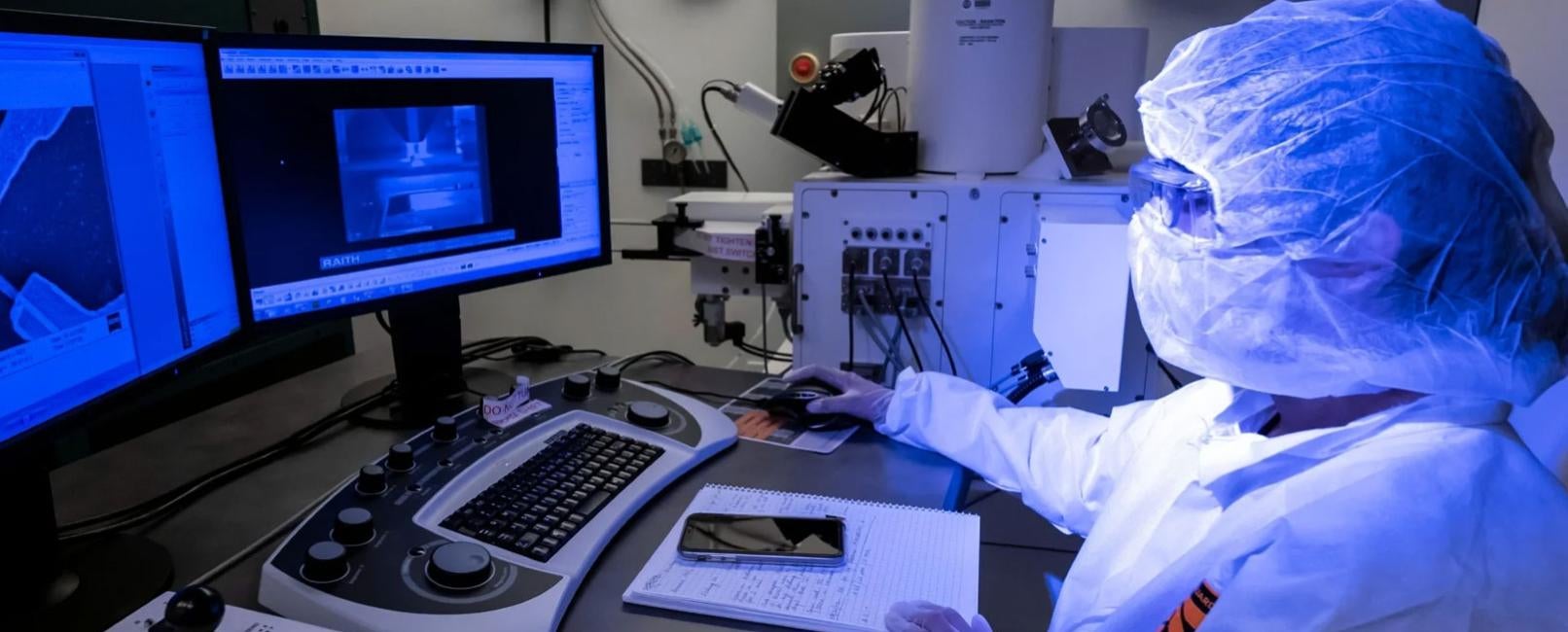
Shared Research Facilities
The University of Pittsburgh houses a wide variety of shared core facilities across departments, schools, and campuses that promote positive research environments.
Find a Core Facility
The University of Pittsburgh's iLab system allows researchers to search through Pitt's core facilities and equipment. Find what you need to support your research.


